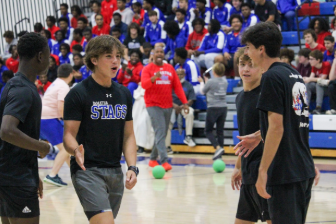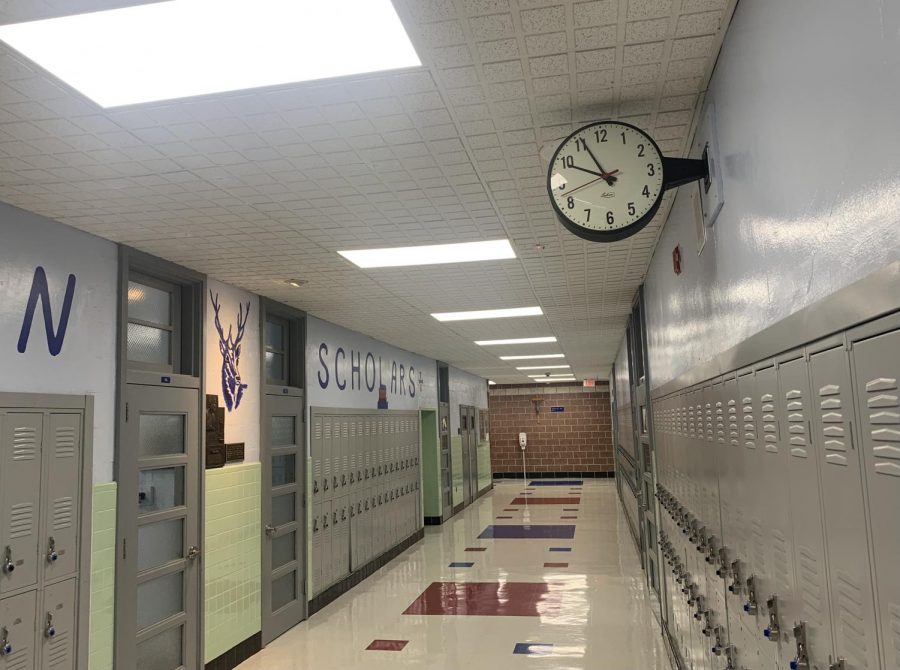Longer Class Periods: Beneficial or a Waste of Time?
October 27, 2021
Do longer class periods actually result in more learning? Today, more and more schools are turning away from the traditional class schedule of 40 to 45-minute classes six to eight times a day, and turning towards block scheduling. This involves three or four classes a day for around 75 minutes each. In theory, this should result in more time for learning the subject you are being taught, but is that really the case?
One problem posed by this schedule is the difficulty of being able to stay fully engaged and focused on a class subject for an hour or more at once. Psychologists believe that, on average, students suffer from attention lapses after only 10 to 15 minutes of a class. This means in a 75-minute class period, students are likely to zone out and lose concentration five to seven times a class.
It isn’t easy to sit down and be fully focused on someone trying to lecture you for an hour or more at a time. This could result in students not understanding material. They also would be missing out on crucial information that was said during the class. This information missed could be important for passing a test or quiz and ending up with a good grade. Shorter class periods, in comparison, which still wouldn’t eliminate completely the threat of mental lapses, would at least allow for less time for them to happen.
Block scheduling could also make it harder to keep up with your classes. Block schedules often mean your classes are split into two days. But this could cause inconsistency. For example, one day you may have an easy day with a free period and maybe an art class. But the next day you could have an AP class, a math class, and a science class. Having to study and fit in time for two or three core classes a night could result in a student rushing through one class because he is afraid he won’t have enough time to get to the others. This is especially a problem for students who play a sport.
Having longer class periods don’t actually result in more learning and could be a hindrance to it. But these issues can still be overcome by using your free time wisely and taking advantage of the breaks in your schedule to catch up.







![Washington Catholic Athletic Conference. [WCAC photo library] 2025, October, 18. wcacsports.com.](https://demathastagline.com/wp-content/uploads/2025/10/Screenshot-2025-10-16-8.29.25-AM.png)
















joecee • Oct 27, 2021 at 10:10 am
What do some teachers say about this topic?
Cory Puffett • Oct 27, 2021 at 10:57 am
This was a student voice article but certainly could warrant a news story in the future to find out from fellow students and our faculty.